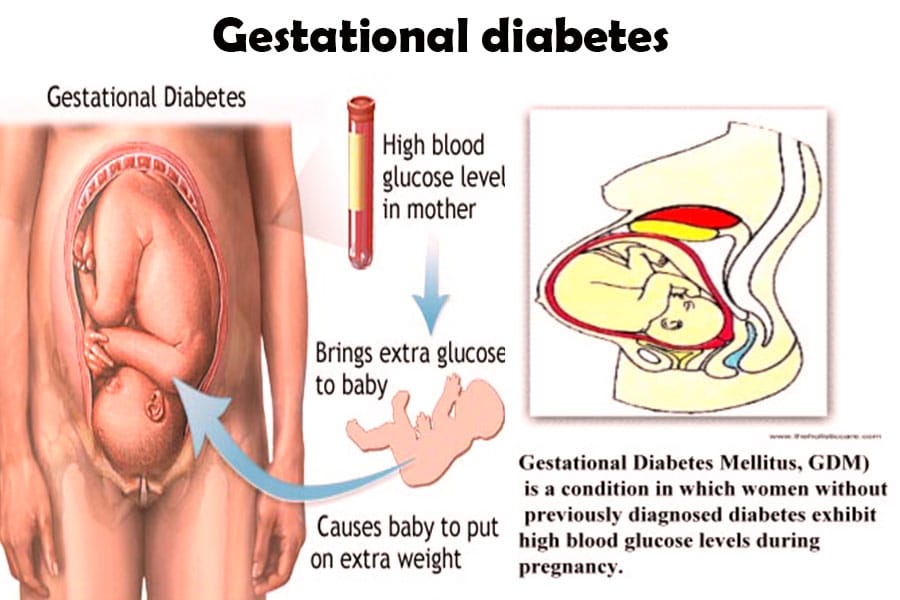Gestational Diabetes
Gestational diabetes mellitus (GDM) is defined as hyperglycaemia that is diagnosed for the first time in the second or third trimester of pregnancy. It occurs in one in seven pregnancies worldwide and is associated with increased risk of adverse perinatal outcome, in particular, infant birth weight that is large for gestational age, increased infant adiposity, preeclampsia and preterm delivery, and increased delivery by caesarean section. This review focuses on the controversy regarding screening and diagnosis of GDM following development of the International Association of Diabetes and Pregnancy Study Groups (IADPSG) guidelines and the National Institute of Clinical Excellence (NICE) 2015 guidelines. It reviews the most recent research in to diet and exercise modification in prevention and management of GDM, pharmacological management and post-partum management to delay and/or prevent progression to type 2 diabetes.

Recommended: - Diabetes conferences | Obesity conferences | Endocrinology conferences | Diabetes conferences 2023 | World congress on diabetes | Diabetes meetings | Endocrinology meetings | World diabetes congress |